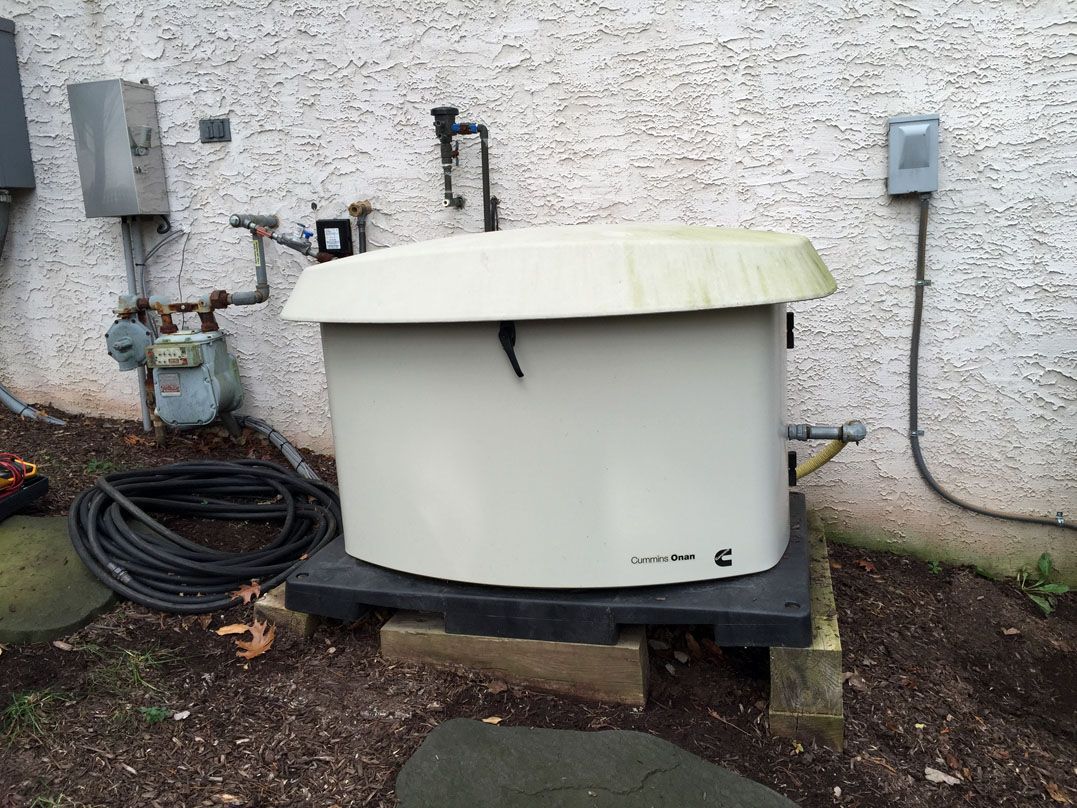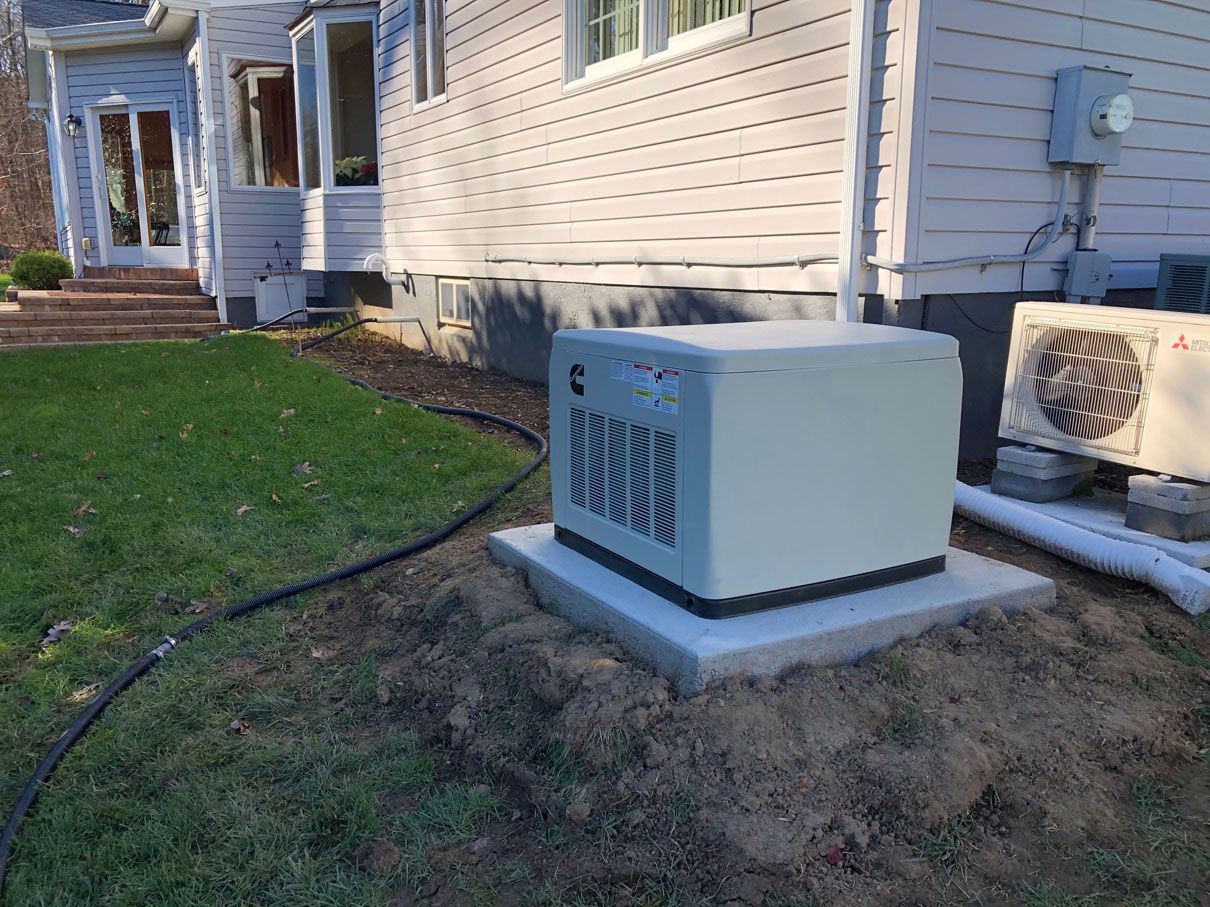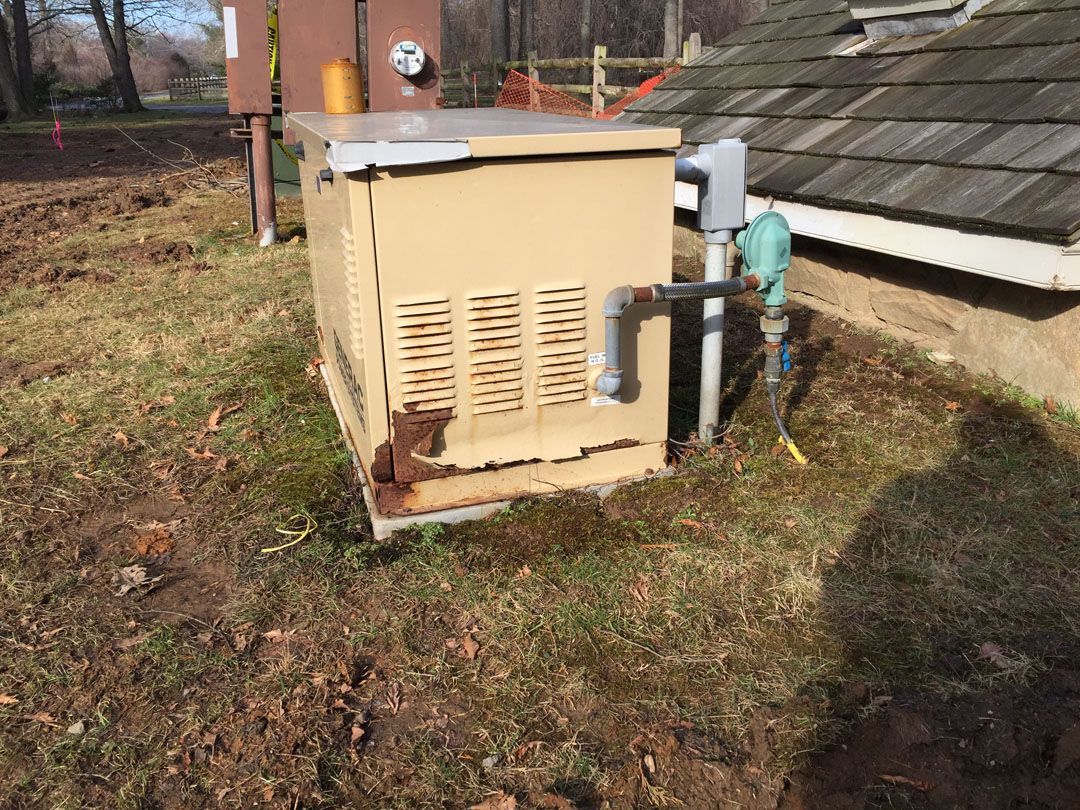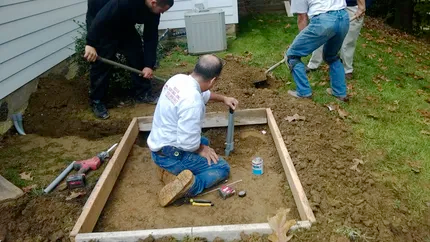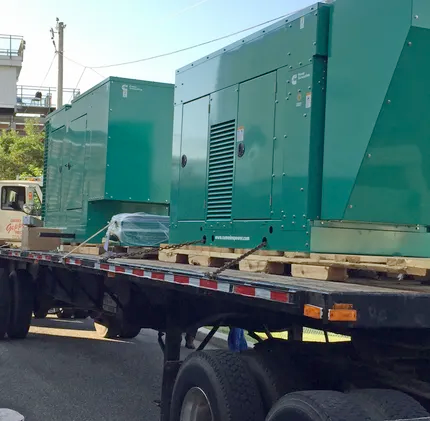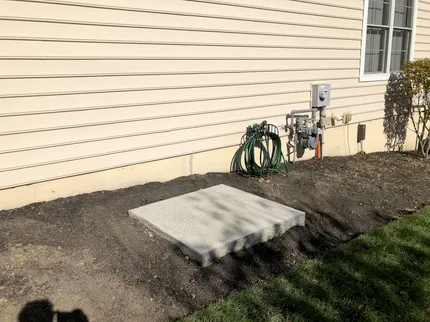The Importance of Preventative Maintenance for Generators
After purchasing a generator, you expect it to work when you need it. However, many go to use their generator during a storm or sudden outage, only to find it won’t start.
According to the EIA, U.S. electricity customers faced an average of five and a half hours without power in 2022—and you can bet many of them wished they’d had a reliable generator on hand to get through the outages.
This is why keeping your generator in top condition is essential. Preventive maintenance doesn’t just ensure reliability; it also extends the life of your generator, so it’s always ready to perform.
That’s where Mid-Atlantic Generators come in—we specialize in generator maintenance and service throughout the Mid-Atlantic region, keeping your equipment reliable for emergencies.
This guide will walk you through the key steps of generator preventative maintenance and explain why regular upkeep matters for anyone who depends on this crucial equipment.
1. Importance of Generator Preventative Maintenance
A generator is a great backup plan, but without routine preventative maintenance, it may not be as reliable as you’d hope.
Preventative maintenance keeps your generator in peak shape, saving you from surprise breakdowns and high repair costs. Regular inspections help spot minor issues like worn parts or potential fuel filter clogs before they become bigger problems.
When critical moments come—like a long power outage or a severe storm—a well-cared-for generator is there for you. Remember: following the manufacturer’s guidelines will keep it dependable and safe and ready to provide power whenever you need it most.
2. Extending Generator Lifespan
Regular generator preventive maintenance prevents unnecessary wear on your generator.
Components such as the engine, fuel tank, and battery experience strain over time. However, consistent care, like oil changes and filter replacements, can greatly reduce wear on these parts.
Early detection of minor issues can also prevent them from becoming bigger problems. For example, a weak battery can be replaced quickly if caught early. Letting these minor issues go unchecked, though, can lead to more serious repairs.
This proactive approach helps extend your generator’s life and saves you money in the long term—especially important for those who rely on a diesel-powered standby generator in commercial or industrial settings.
3. Key Components of Generator Preventive
Maintenance
Maintaining a generator involves several key components, each playing an essential role in ensuring reliable performance and safety. OSHA’s safety guidelines offer practical advice on maintaining and handling generators responsibly.
Now, let’s go over the essential maintenance areas to keep your generator in top condition:
Engine Maintenance
The engine is the heart of your generator, and keeping it in great condition is essential for reliable performance.
Key engine maintenance tasks include regular oil changes, coolant checks, and air filter replacements. These steps help the engine run smoothly and prevent unnecessary wear that could lead to costly repairs or replacements down the line.
Battery Inspection
A well-functioning battery is crucial for your generator to start reliably in emergencies. Regular battery inspections ensure it remains charged and that terminals are clean, reducing the risk of starting failures.
Fuel System Checks
Fuel system maintenance helps prevent clogs and ensures a steady fuel supply. Important tasks include monitoring fuel levels, testing fuel lines, and cleaning or replacing fuel filters as needed.
A clogged fuel line or dirty filter can prevent the generator from running, so staying on top of these checks is vital for dependable performance.
Control Panel and Electrical System
Inspecting the control panel and electrical components, such as circuit breakers and wiring, helps keep your generator’s electrical systems in optimal condition. Regular checks can reveal any issues with wiring or electrical components, which might affect the generator’s performance or safety.
Air Intake System and Entire Exhaust System
Maintaining your generator’s air intake system and entire exhaust system is also essential. A clean air intake system allows the engine to breathe, while an efficient exhaust system prevents harmful fumes from building up.
4. Reducing Repair and Downtime Costs
With regular maintenance and small checks, you can catch minor issues before they turn into expensive repairs or full system breakdowns.
A reliable, well-maintained generator is also less likely to fail during a power outage, so you can rest easy knowing you’re prepared.
In the long run, preventative care is a cost-effective way to keep repair expenses down and ensure your generator is ready when you need it. Plus, fixing minor problems is much cheaper than addressing major system failures caused by neglect.
5. Routine Inspections and Tests
The following regular inspections and tests play a key role in keeping your generator reliable and ready for emergencies:
Load Bank Tests
A load bank test puts your generator to the test by simulating the power load it would need to handle during an outage. This helps ensure that your generator can keep up with real-world demands, providing peace of mind that it will perform reliably.
Visual Inspections
Beyond load testing, visual inspections are an easy way to catch signs of wear, leaks, or other visible damage that could impact performance.
Run Tests
Running the generator periodically keeps parts lubricated and ready to function, preventing any stiffness or breakdowns from long periods of disuse.
6. Generator Preventative Maintenance Schedule
To keep your generator running smoothly, stick to a maintenance schedule with weekly, monthly, quarterly, and annual tasks.
Each week or month, start with a simple visual inspection and a quick start-up test to confirm everything is in good working order. During this time, also take a look at the fluid levels and battery terminals to catch any early signs of trouble.
Quarterly, give your generator a more thorough inspection by checking the fuel and oil, cleaning the filters, and securing all electrical connections. Then, for the big yearly checkup, plan a full system inspection, load test, and comprehensive battery check.
7. Common Issues Prevented by Maintenance
Fuel Contamination
Fuel systems can develop sludge or debris over time, clogging the fuel lines. By keeping the fuel system clean, you ensure a steady fuel supply for your generator.
Battery Failure
Battery failure is another avoidable problem, as regular battery checks keep it charged and ready. Without these checks, a weak or damaged battery could prevent the generator from starting in an emergency.
Overheating
Overheating, another common issue, is typically caused by a lack of cooling system maintenance. When you ensure the cooling system functions well, you protect the generator from excessive heat that could lead to failure.
8. Professional vs. DIY Maintenance
Not sure when to call in a pro for generator maintenance services? You’re not alone—many people wonder what they can handle versus what’s best left to an expert.
For complex jobs like load testing or diagnosing electrical issues, it’s a good idea to hire a certified technician. These advanced checks make sure your generator is performing efficiently and safely, and they require specialized knowledge.
On the other hand, there are plenty of maintenance tasks you can handle yourself. Basic things like oil changes, filter cleaning, and visual inspections are easy enough to do at home.
Taking care of these yourself keeps your generator in top shape while saving you a bit on maintenance costs.
9. Benefits of a Preventative Maintenance Plan
The advantages of a generator preventative maintenance plan go well beyond just keeping it in working order.
With regular maintenance, you catch little issues before they turn into big, expensive problems. This proactive, pre-arranged care also helps your generator last longer, ensuring it’s ready to provide backup power.
Of course, there’s also the peace of mind that comes from knowing your power generation system is prepared to keep things running smoothly, no matter what.
Keep Your Power Secure with Preventative Care
Regular preventative maintenance is non-negotiable for anyone who depends on a generator to ensure reliable, safe, and cost-effective performance. With a well-maintained generator, you avoid costly repairs and rest assured it’s ready for any emergency.
For dependable power during outages, set up a regular maintenance plan or turn to professionals who know generators inside and out. Mid-Atlantic Generators has the expertise to keep your equipment in top shape.
Reach out today to explore how we can help you protect your investment (and peace of mind) with generator maintenance services.
Our Services
Our Products
Quick Links
Contact Us
1012 Meetinghouse Rd,
Upper Chichester Twp, PA 19061

© 2025 All Rights Reserved | Mid-Atlantic Generators, LLC | Powered by River Avenue Digital

